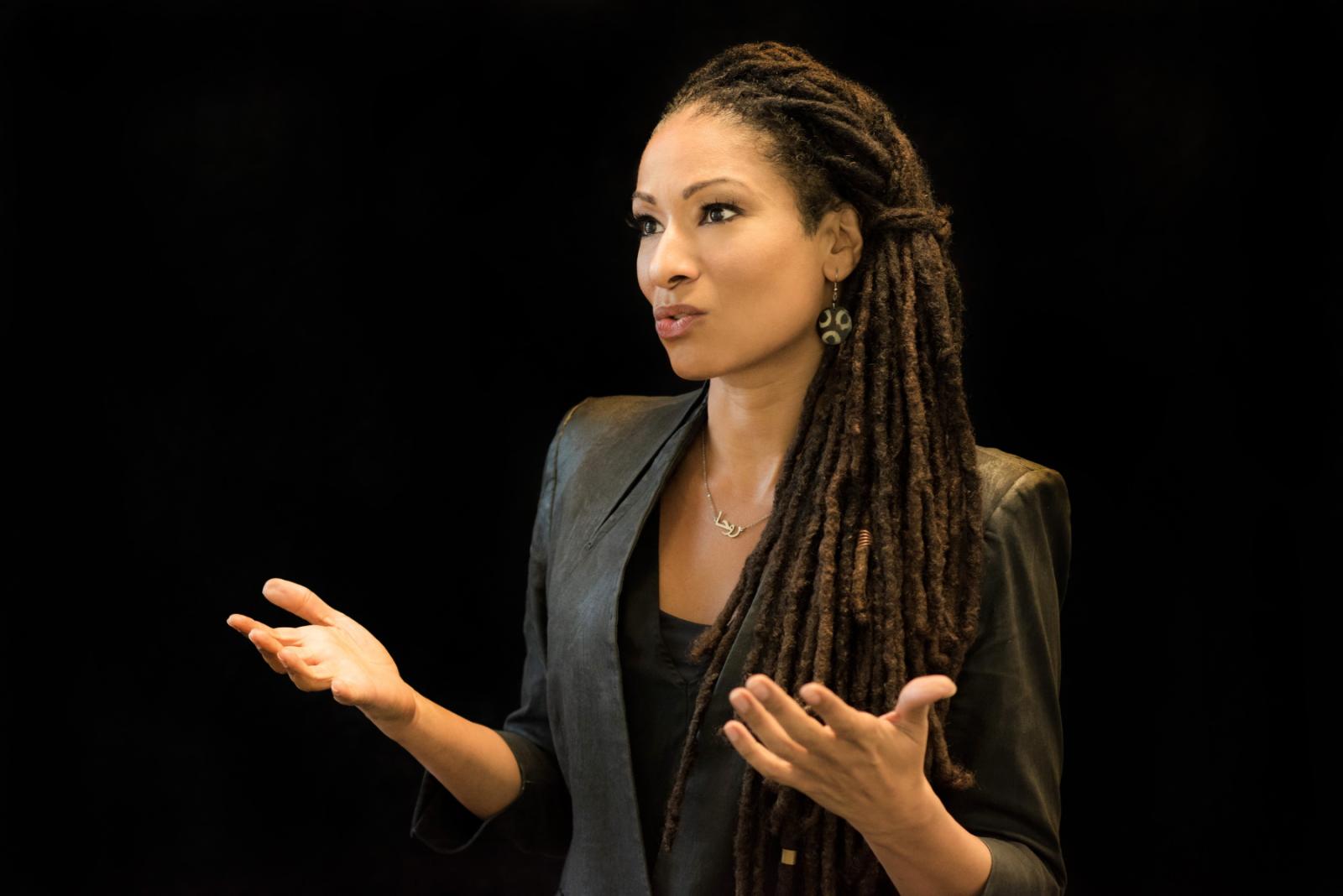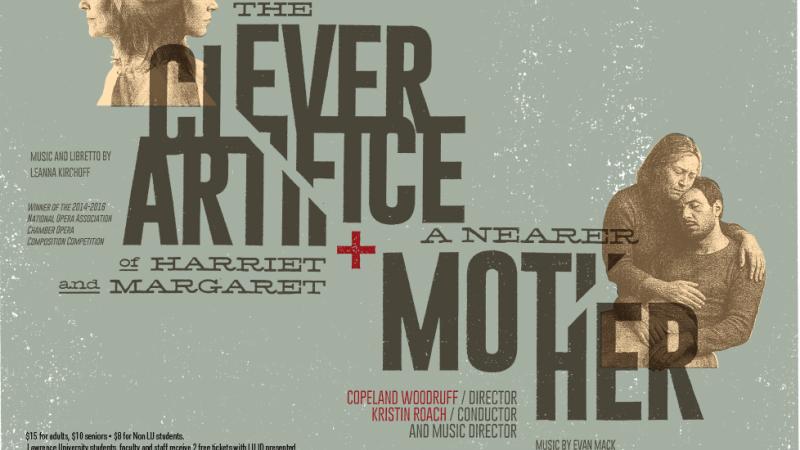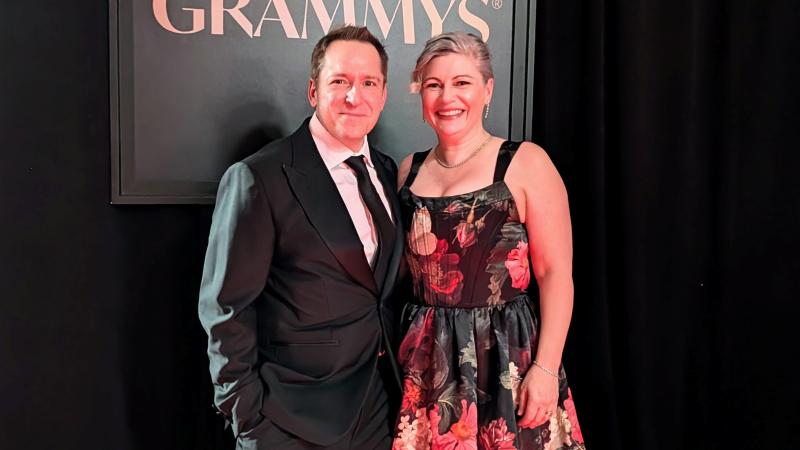Seemingly small actions in pursuit of social justice can lead to consequential change.
That’s the power of “viral justice,” said Dr. Ruha Benjamin in delivering Lawrence University’s Winter Term Convocation address Feb. 2 in Memorial Chapel.
Benjamin, the Alexander Stewart 1886 Professor of African American studies at Princeton University and the author of the 2022 book, Viral Justice: How We Grow the World We Want, said powerful change can happen one person, one neighborhood, one community, one idea at a time.
She compared it to the COVID-19 pandemic, where something almost undetectable spread in ways we didn’t see coming.
“Doesn’t this imply that small things, seemingly minor actions, decisions, habits, could have exponential effects in the other direction, tipping the scales toward justice, affirming life, fostering well-being, invigorating life?” she said.
Benjamin specializes in the interdisciplinary study of science, medicine, and technology with a focus on the relationship between innovation and social inequity. She is the founder of the Ida B. Wells JUST Data Lab. Her most recent book, Imagination: A Manifesto, has just been released. In addition to Viral Justice, which won the 2023 Stowe Prize, Benjamin authored Race After Technology: Abolitionist Tools for the New Jim Code.
In her Convocation address, Benjamin talked about Ron Finley, known as the Gangsta Gardener, who waged a battle on food insecurity in Los Angeles by turning city-owned grass pathways into vegetable gardens, changing laws along the way. She talked about the creation of Breonna’s Garden, an augmented reality project created by a digital artist to help support the family of Breonna Taylor. She talked about seemingly small protest efforts that eventually changed the conversation in big ways.
Lawrence University holds three convocations each year to celebrate the new academic year, learn from accomplished individuals, and celebrate student and faculty achievements.
Technology is another card in the deck in pursuit of justice. It can help amplify efforts that might otherwise feel microscopic, Benjamin said.
Don’t ever think that change can’t happen because you’re just one person, she said. One idea can bring others together, building something consequential. Like the pandemic, justice can be contagious.
“This isn’t charity work, work we do on behalf of others,” Benjamin said of the pursuit of a more just world. “Falling from a burning building, I might hit the ground first, but you won’t be far behind. My world is intimately bound up with yours. So, we don’t simply need allies; we need everyone to smell the smoke.”
Friday’s Convocation was the second of three Lawrence Convocations during the 2023-24 academic year. Up next will be the Honors Convocation on May 24, featuring a talk by Mark Phelan, professor of philosophy at Lawrence.




